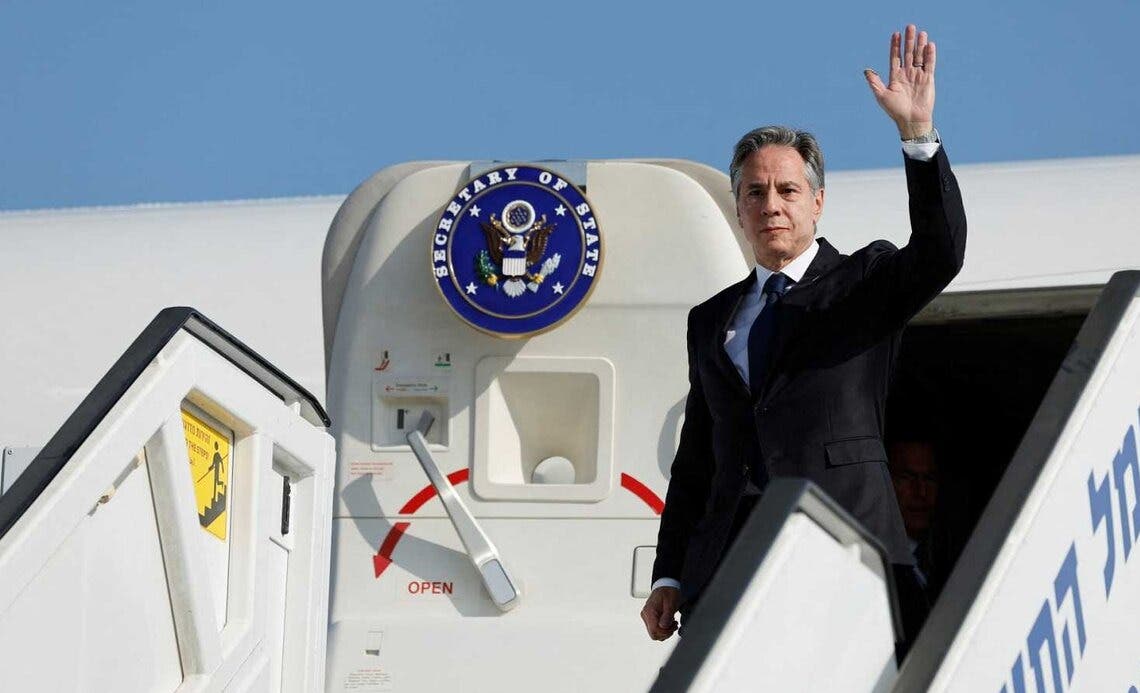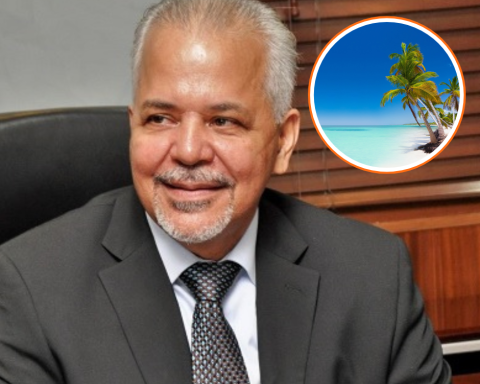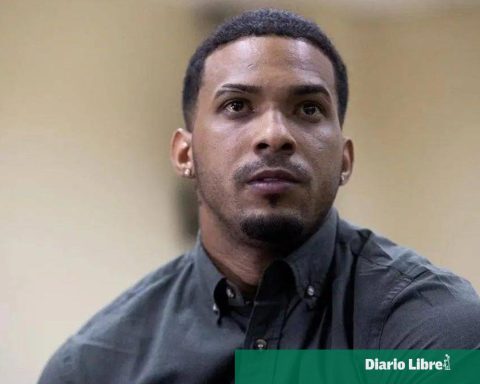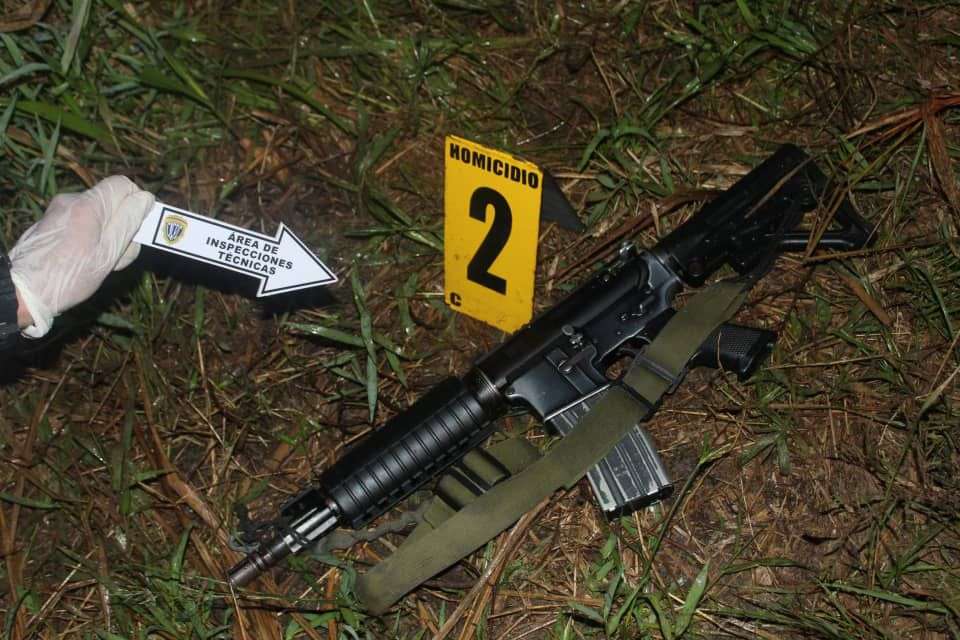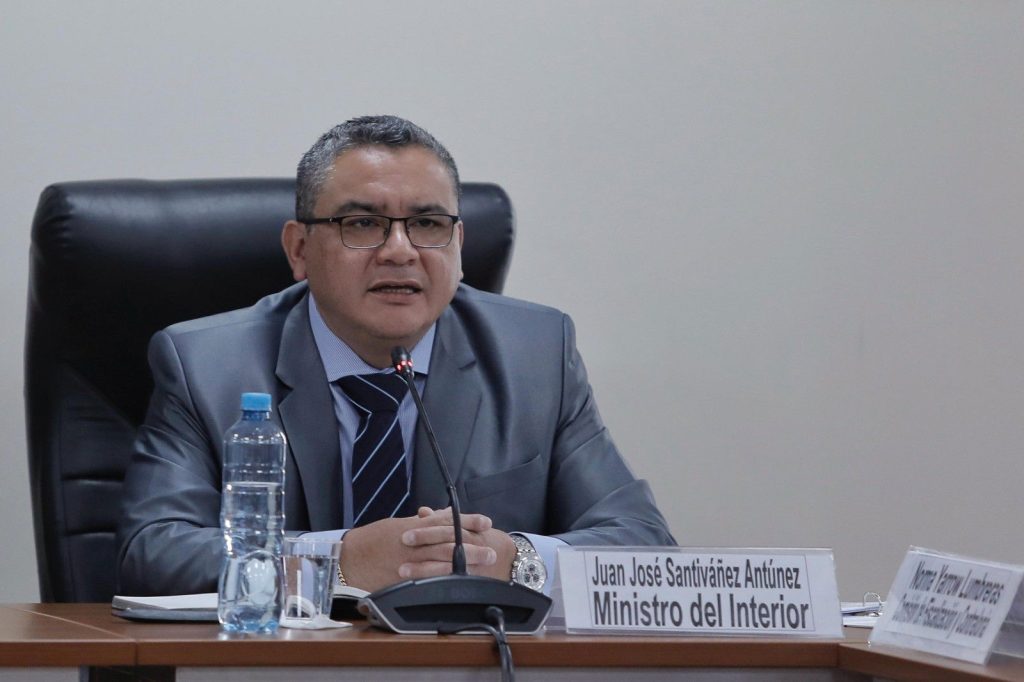Santo Domingo.- U.S. Secretary of State Antony Blinken closed a tour in the Dominican Republic on Friday that took him to Haiti and focused on securing international support so that the impoverished country can hold elections in 2025 and put a stop to violence by armed gangs.
Blinken on Thursday reviewed the contingent of 380 Kenyan police officers deployed as part of the Multinational Security Support Mission (MSS) in Port-au-Prince, which is slowly advancing toward expected numbers.
Today, Blinken and Abinader assured that they will work to request during the United Nations General Assembly this month the renewal of the mandate for the MSS, which expires in October, and to obtain new personnel commitments, which for the moment is limited to the Kenyan contingent.
Read: Abinader and Blinken discuss Haitian crisis
“The situation in Haiti is a concern for its neighbors and for the entire hemisphere. I thank President (Abinader) for his vital role in mobilizing the international community. What is happening in Haiti is felt far beyond Haiti,” Blinken said.
“There is a greater collective will to do something effective about Haiti. I think we have made real progress, without minimizing the challenges that lie ahead,” added the head of US diplomacy.
One of the members of the mission, Kenyan police colonel Wafula Hesbon, told EFE yesterday that there have been improvements in their work since June, such as the more than 30 new MRAP mine-fighting armored vehicles that the United States recently sent to the base at Port-au-Prince airport.
Instead, bullet holes were evident on the battered vehicles of the Haitian National Police, which suffers from a lack of resources, low salaries and corruption and is now operating under a declared state of emergency. The repercussions of the Haitian crisis.
Blinken recalled today that the Haitian crisis, which at the beginning of the year led the poorest country in the Western Hemisphere to fall into the hands of armed gangs, has repercussions throughout the continent.
“Our futures are united; that of Haiti, that of the Dominican Republic and that of the United States,” the senior official insisted. For his part, Abinader affirmed that steps have been taken towards the normalization of relations with Haiti and recalled that the lack of governance in that country has real effects on “migratory pressure” and on the Dominican health system.
“Our intention is to try to normalize relations as much as possible, but always respecting and protecting the security of the Dominican Republic,” the president said.
Abinader and Blinken, who was visiting the country for the first time as a representative of the Joe Biden Administration, had lunch to discuss other bilateral issues such as the organization of the Summit of the Americas, which will be held at the end of 2025 in Punta Cana, in the east of the Dominican Republic.
Regarding the political crisis in Venezuela, Biden and Abinader reiterated that they will work in a coordinated manner to demand, with other Latin American countries, respect for democracy and the results of the July 28 elections, in which the National Electoral Council (CNE) declared Nicolás Maduro the winner over the opposition candidate Edmundo González Urrutia.
Both Blinken and Abinader avoided questions about Maduro’s presidential plane confiscated by the United States in the Dominican Republic, in addition to a second one that has been held in this country for more than three months.
The United States also planted the seed today to support the industrialization of the Dominican Republic with a $3 million grant from the United States Agency for International Development (USAID) to integrate the island country into global supply chains.
